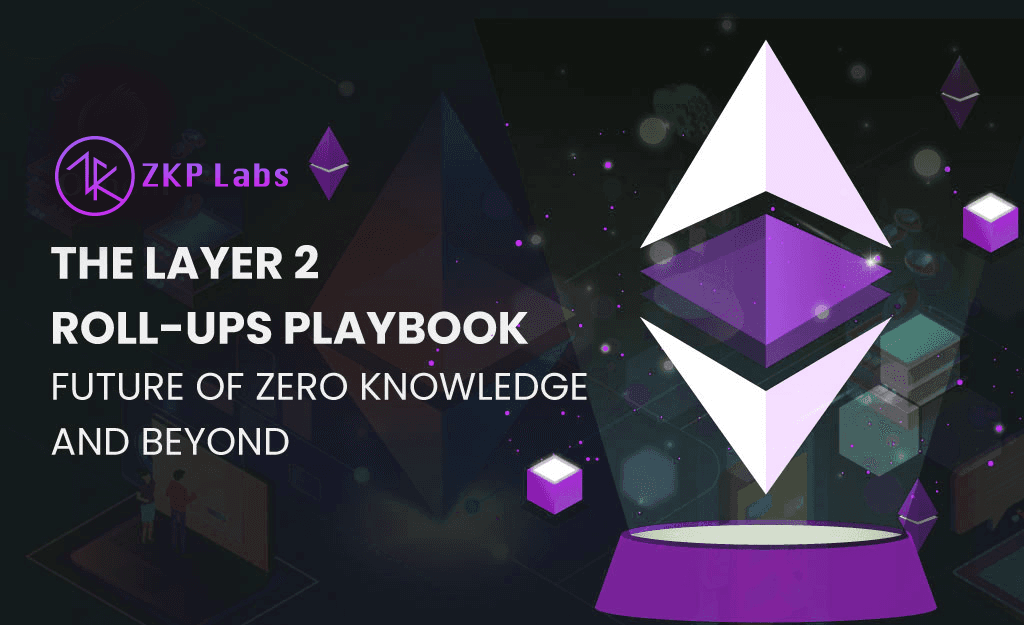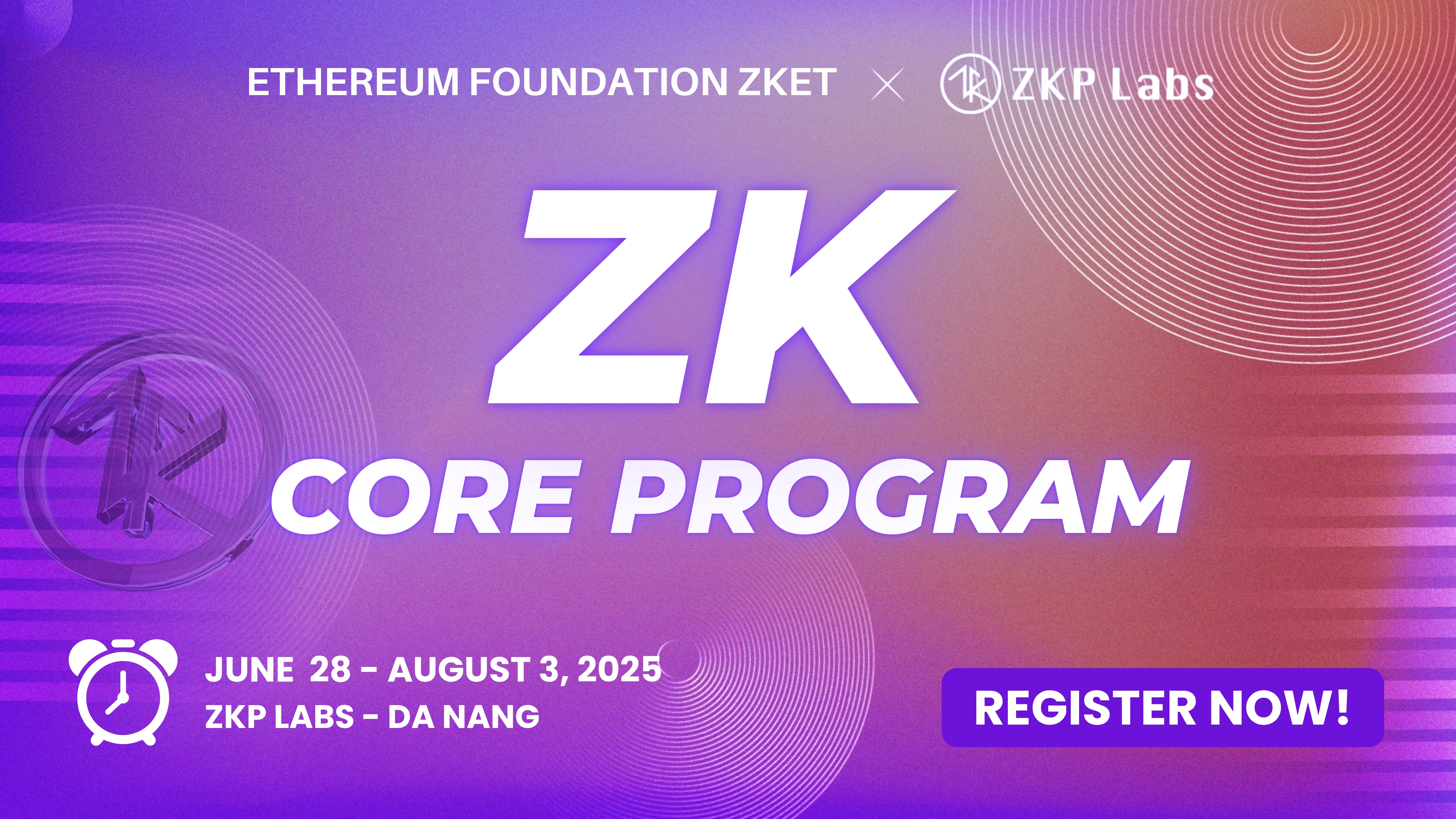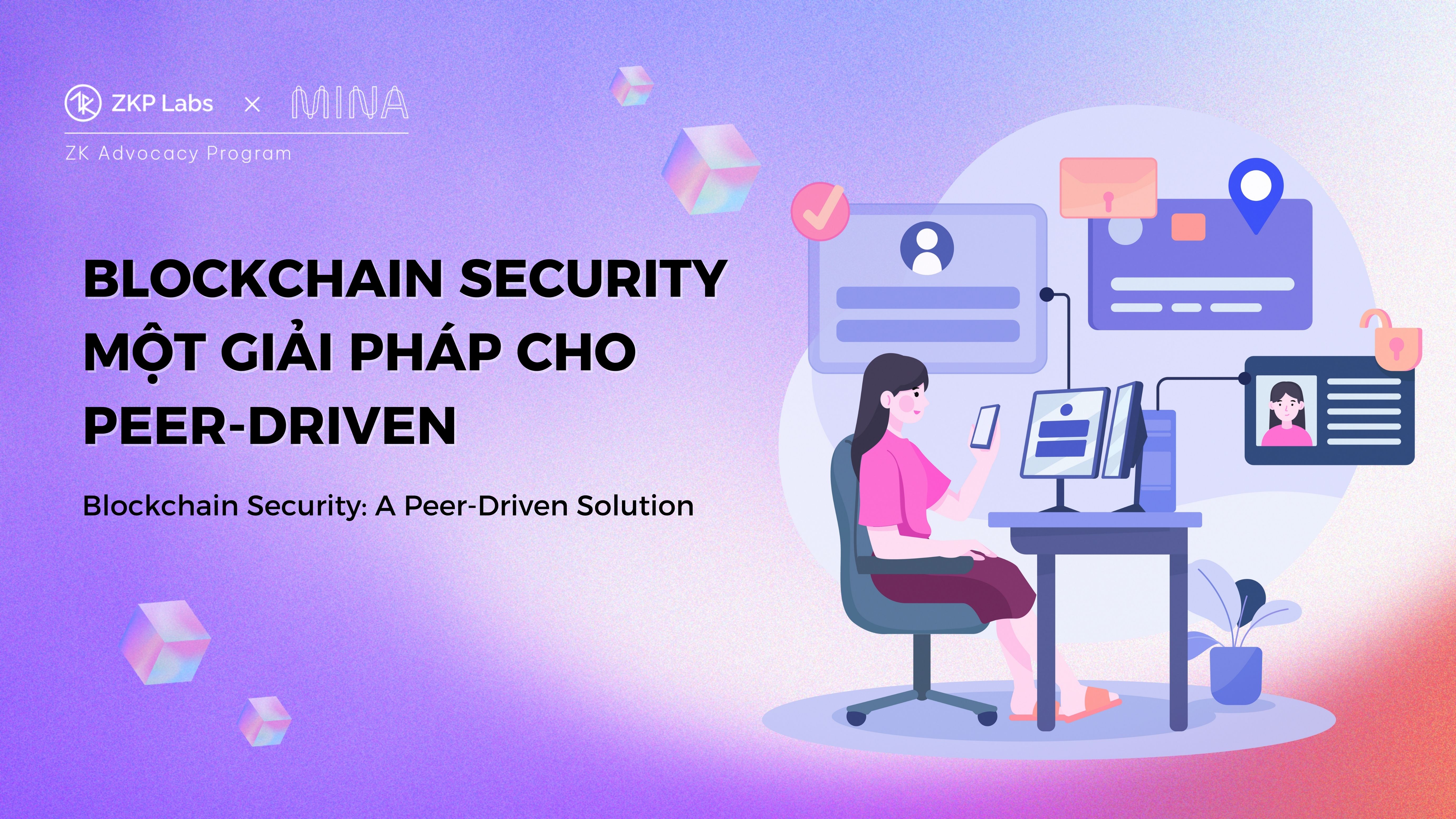The Future of Layer 2 Roll-ups: Scaling Ethereum and Beyond
Table of Contents

I. Understanding Layer 2 Roll-ups
What are Layer 2 (L2) Roll-ups?
The world of blockchain technology has witnessed remarkable developments in recent years, with Layer 2 (L2) roll-up solutions emerging as a crucial innovation. L2 roll-ups are a category of scaling solutions designed to enhance the efficiency and scalability of blockchain networks, with a particular focus on Ethereum. These solutions offer an alternative approach to processing transactions and smart contracts, reducing the network's computational load while improving cost-effectiveness and transaction finality.
The Need for L2 Solutions
The meteoric rise of non-fungible tokens (NFTs) and Decentralized Finance (DeFi) applications has led to an exponential surge in activity on Layer 1 (L1) blockchains, notably Ethereum. This increased demand for blockspace, marked by soaring gas costs and delayed transaction finality, necessitated the development of Layer 2 solutions. While the Ethereum Merge laid the foundation for future gas fee optimizations, it did not directly alleviate the issue of transaction gas fees.
The Ethereum Merge and Gas Fee Optimizations
In the year between the summer of 2020 and the peak demand in the summer of 2021, gas costs on the Ethereum network escalated by up to 1300%. While the Ethereum Merge aimed to optimize gas fees, it fell short of directly reducing transaction gas costs. This set the stage for the emergence of L2 roll-up solutions as a viable path forward.
II. Types of Layer 2 Roll-ups
Optimistic Roll-ups
a. How Optimistic Roll-ups Work
Optimistic roll-ups are one of the two primary types of L2 roll-ups. They function by processing transactions off-chain, bundling them into a single piece of data, and subsequently submitting them to the Ethereum mainnet as a batch. The defining characteristic of optimistic roll-ups is their reliance on fraud proofs, which come into play during a challenge period following the submission of a transaction bundle. During this period, anyone can contest the validity of the roll-up by presenting a fraud proof.
b. Benefits and Drawbacks
Optimistic roll-ups offer benefits such as reduced computational resource requirements and scalability. However, their drawback lies in the challenge period, which can extend up to a week. This prolonged period ensures the identification of any fraudulent transactions but also forces users to wait for fund withdrawals.
Zero-Knowledge (ZK) Roll-ups
a. How ZK Roll-ups Work
Zero-Knowledge (ZK) roll-ups, the other primary category of L2 solutions, operate by batching transactions off-chain and submitting them as a single transaction to the Ethereum mainnet. Unlike optimistic roll-ups, ZK roll-ups use validity proofs to instantly verify the transactions' correctness before submitting them to the mainnet.
b. Benefits and Drawbacks
ZK roll-ups excel in providing a correct Layer 2 state with no need for a challenge period. Their advantages include enhanced security, reduced withdrawal times, and efficient data compression. However, they require proofs for all state transitions, limiting scalability, especially in the early stages of this technology.
III. The ZK-Rollup Space
Prominent ZK-Rollup Projects
The ZK-rollup landscape is dominated by several notable projects, including zkSync, Starknet, Polygon zkEVM, and Scroll. These projects have garnered substantial investments and are making significant strides in developing their ZK-rollup solutions.
Data Availability Strategies
One crucial aspect distinguishing ZK-rollup projects is their data availability strategy. Storing state data on-chain enhances security but consumes Ethereum network block space, affecting transaction throughput.
Proving Algorithms (STARK vs. SNARK)
ZK-rollups rely on proving algorithms to facilitate off-chain computation and storage. These algorithms, STARK and SNARK, verify user funds and private keys without accessing sensitive information. While STARKs offer superior scalability, security, and transparency, SNARKs consume less gas but come with smaller proof sizes. The trade-off between speed, cost, scalability, and security is a key consideration in ZK-rollup development.
IV. Challenges in ZK-Rollup Development
Language Compatibility
One significant challenge in ZK-rollup development is achieving compatibility between Ethereum Virtual Machine (EVM)-friendly programming languages like Solidity and custom-built languages optimized for Zero-Knowledge Proofs (ZKP). Initiatives like StarkNet's Warp aim to streamline this process by automatically converting Solidity code into the appropriate ZKP language, simplifying adoption for developers.
Secrecy of Projects
Many ZK-rollup projects operate with a level of secrecy, deviating from the open-source ethos of the crypto community. Concerns over first-mover advantage and user base retention motivate this secrecy. As most ZK-rollups are still in their early stages, much work remains to be done in this space.
Centralization vs. Decentralization
While L2 roll-ups improve speed and cost efficiency, they often do so at the expense of decentralization. Centralized sequencers and upgradeable smart contracts managed by single entities are commonly employed in these solutions. Plans to decentralize sequencer functions are in the works, but this transition will require additional time and resources.
V. Decentralization Plans
Tokenization of Services
Many ZK-rollup projects are considering tokenization as a means to decentralize their services and engage users. Launching tokens and open-sourcing code are strategic moves to encourage participation and foster decentralization. Token engineering in the ZK-rollup space is an evolving field, presenting opportunities to differentiate and enhance adoption.
Token Engineering
Token engineering within ZK-rollups remains nascent compared to optimistic rollup technology. Developing effective and sustainable token models will be pivotal in shaping the future of these solutions.
Competition and Market Dynamics
Competition among ZK-rollup projects, as well as competition from existing rollup solutions like Polygon, Optimism, and Arbitrum, continues to intensify. As ZK-rollup solutions mature, they may consider transitioning to validity proofs or hybrid solutions, leveraging their user bases to attract dApp development and maintain market dominance.
VI. The Future of ZK-Rollups
StarkNet's First Mover Advantage
While StarkNet enjoys the first-mover advantage in the ZK-rollup space, challenges related to Solidity support present opportunities for competitors to innovate and improve.
The Role of dApp Developers
DApp developers play a pivotal role in the adoption and evolution of ZK-rollups. Projects such as ConsenSys' zkEVM are focusing on supporting dApp developers and simplifying their deployment processes.
Competing Rollup Solutions (Polygon, Optimism, Arbitrum)
Polygon, Optimism, and Arbitrum remain significant players in the L2 ecosystem. As ZK-rollup solutions mature, these projects may explore transitions to validity proofs or hybrid models to maintain their market share.
Improving the Web3 User Experience
The proliferation of rollup solutions, coupled with increased competition, is poised to enhance the Web3 user experience. These solutions are creating platforms that will facilitate the onboarding of the next generation of users.
Conclusion
The journey of ZK-rollups is marked by technical challenges, strategic secrecy, and a constant drive towards decentralization. As these solutions continue to evolve and mature, the blockchain community eagerly awaits a future where ZK-rollups play a central role in scaling Ethereum and revolutionizing the broader blockchain landscape.
About ZKP Labs
ZKP Labs is a non-profit organization that focuses on building a vibrant and supportive community in Southeast Asia dedicated to the advancement of Zero-Knowledge Proof (ZKP) technology. Through events, workshops, and training programs, we strive to create an environment that fosters collaboration, knowledge-sharing, and growth, empowering community members to contribute to the development and adoption of ZKP.
Categories
Event Recap
5
Zero Knowledge Proofs 101
32
Top Posts
1
How to start learning ZKPs as a beginner?
02 March 2023
2
Announcing the ZKP Advocacy Program Powered by Mina Foundation: Your Path to Zero-Knowledge Mastery
24 October 2024
3
What Jobs Can You Do About ZKPs?
15 March 2023
4
A Beginner's Guide to Understanding the Different Types of Zero-Knowledge Proofs
24 February 2023
5
Cơ chế và tác động của hành động làm giá trong thị trường tiền điện tử
21 December 2023
6
Khi Nào Zero-Knowledge Proofs Có Ích?
17 March 2025
7
Phân tích lỗ hổng lớn trong mạng zkEVM của Polygon
06 December 2023
8
Phân tích hành động lái giá: Tại sao hầu hết giá của dự án đều giảm?
21 December 2023
9
Hiểu về Plonky2: Một Framework SNARK hiệu suất cao dựa trên Rust
27 March 2025
10
Tìm kiếm cơ hội đầu tư vào Blockchain mô-đun
21 December 2023
Tag
Zero Knowledge Proofs


